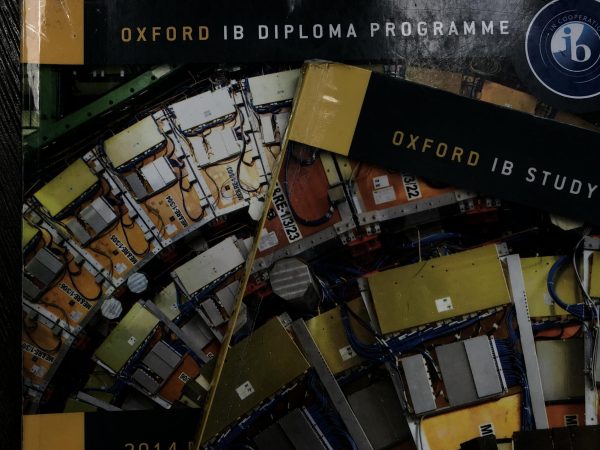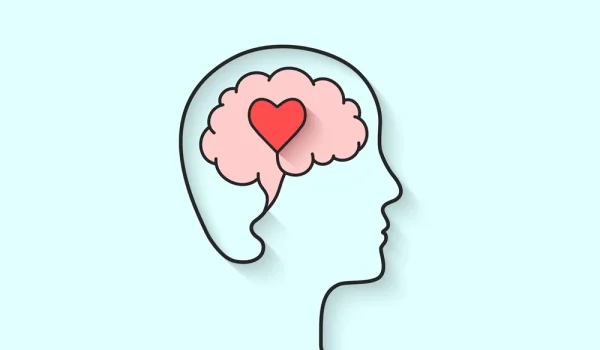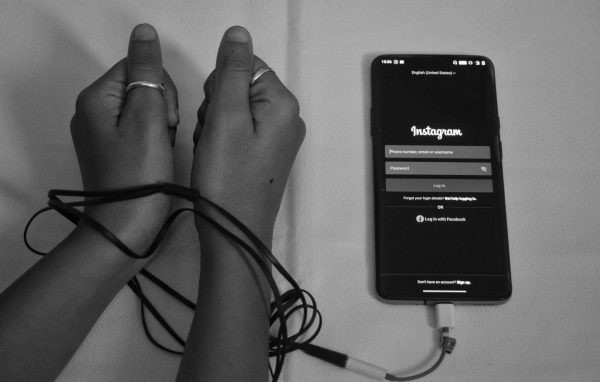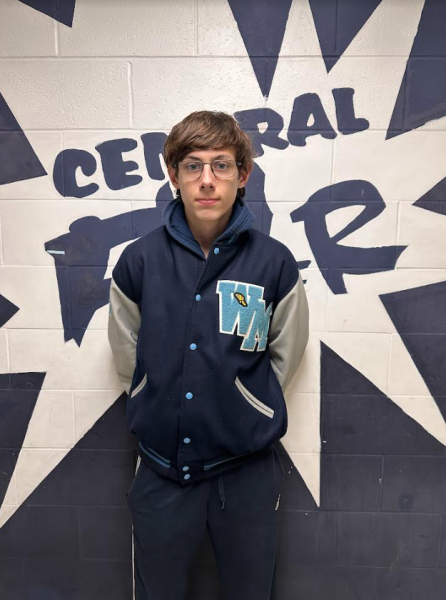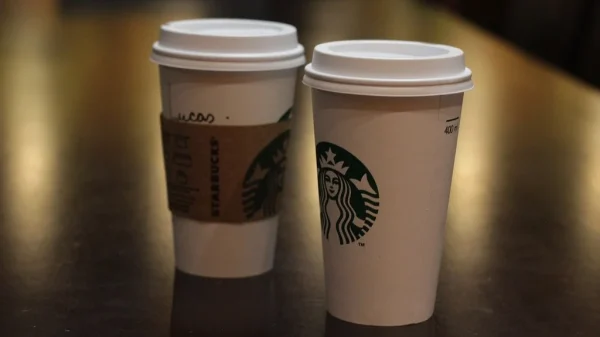What is ChatGPT?
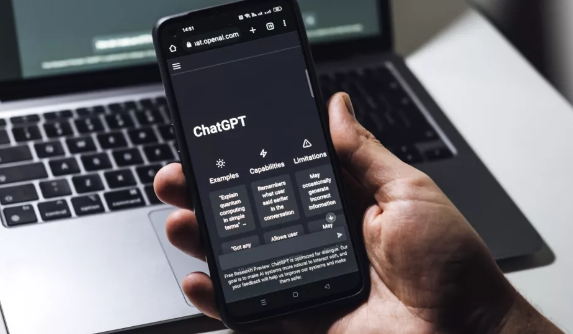
Credit: Shutterstock
As technology continues to expand, new web platforms continue to attract large amounts of the population. The largest reaction in recent years, however, was evoked by ChatGPT, a new AI chatbot released by OpenAI in late November of last year. Its popularity is unprecedented, accumulating a following of five million users in sixty days. According to a UBS study pulled from data by analytics firm, Similarweb, ChatGPT collected one hundred million monthly active users in two months, surpassing Instagram, which took two and a half years to reach this milestone, and TikTok, which took nine months, thus making it the fastest-growing consumer application in history, according to a Reuters article. Its popularity resulted in its servers being overwhelmed, resulting in some users being told that it was “at capacity.”
ChatGPT has a wide range of uses, such as composing poems, writing jokes, explaining complicated topics, finding recipes, and, controversially, writing essays. According to OpenAI’s website, ChatGPT’s dialogue format allows for it to “answer follow up questions, admit its mistakes, challenge incorrect premises, and reject inappropriate requests.”
Some are in support of what ChatGPT can bring for the future. Massachusetts Representative Jake Auchincloss believes that ChatGPT “is a complement to teachers, not a substitute,” and can help tutor students who are struggling in the wake of school closures and limitations that occurred during the height of the COVID-19 pandemic, as he told ABC News.
Others, however, are more skeptical over the AI’s possible shortcomings. For example, the OpenAI website admits that ChatGPT can be sensitive to the wording of questions, causing it to sometimes fail to answer questions because of the way they have been asked, generate overly-wordy answers due to it perceiving longer answers as more sophisticated, and give answers that sound correct but are really incorrect. The quality of its poetry and jokes are also debatable. According to BBC News, singer Nick Cave called ChatGPT’s response to the request of creating a song in his style a “grotesque mockery.” A joke stated by the AI read “Why did the scarecrow win an award? Because he was outstanding in his field!” Additionally, it sources its information from the Internet as it was in 2021, which limits it from providing answers that contain more recently released information and events, and does not attribute its sources in its responses.
Educators are also worried over the new opportunities for cheating on assignments that ChatGPT creates. According to Wired, ChatGPT itself responded to this idea with the quote, “Schools should constantly review and update their academic honor codes as technology evolves to ensure they are addressing the current ways in which technology is being used in academic settings.” This is being done across the United States, with New York City public schools banning its use on their computers, and colleges and universities beginning to consider what the AI might mean for its plagiarism policies. “My guess is that there will be the development of some broad blanket policies that essentially say, unless you have permission from a professor to use AI tools, using them will be considered a violation of the academic integrity code,” said Alice Dailey, chair of the Academic Integrity Program at Villanova University according to Wired. This reaction has been compared by Wired to the introduction of Wikipedia in 2001 – another example of a technological innovation that caused universities to reconsider what it really means to cheat. “If [plagiarism] is stealing from a person, then I don’t know that we have a person who is being stolen from,” said Emily Hipchen, a board member of Brown University’s Academic Code Committee, according to Wired. Some professors have tried to get around the idea of their students using the AI to complete assignments by requiring the incorporation of personal anecdotes, but the future of what ChatGPT’s capabilities will bring to education and how professors and teachers will react is still unfolding.
In recent developments, Microsoft has adopted ChatGPT’s technology into its Bing Search Engine. Additionally, Google has created its competing AI chatbot, Bard, which is based on its large language model LaMDA, and will go through a series of “trusted testers” before being opened to the public.
ChatGPT itself is predicted to continue to improve. In an interview cited by CNBC, Bill Gates said that ChatGPT is different from AI programs of the past in that it is able to process the information that it receives and improve based on it. OpenAI is working to revise its errors, and each use continues to make it smarter. For better or for worse, it is clear that AI such as ChatGPT will have a significant impact on today’s society and its future.

Dakotah is a senior and a Journalism II student this year. She is very excited to be returning to The Paw for her first year as an Editor-in-Chief. Outside...


